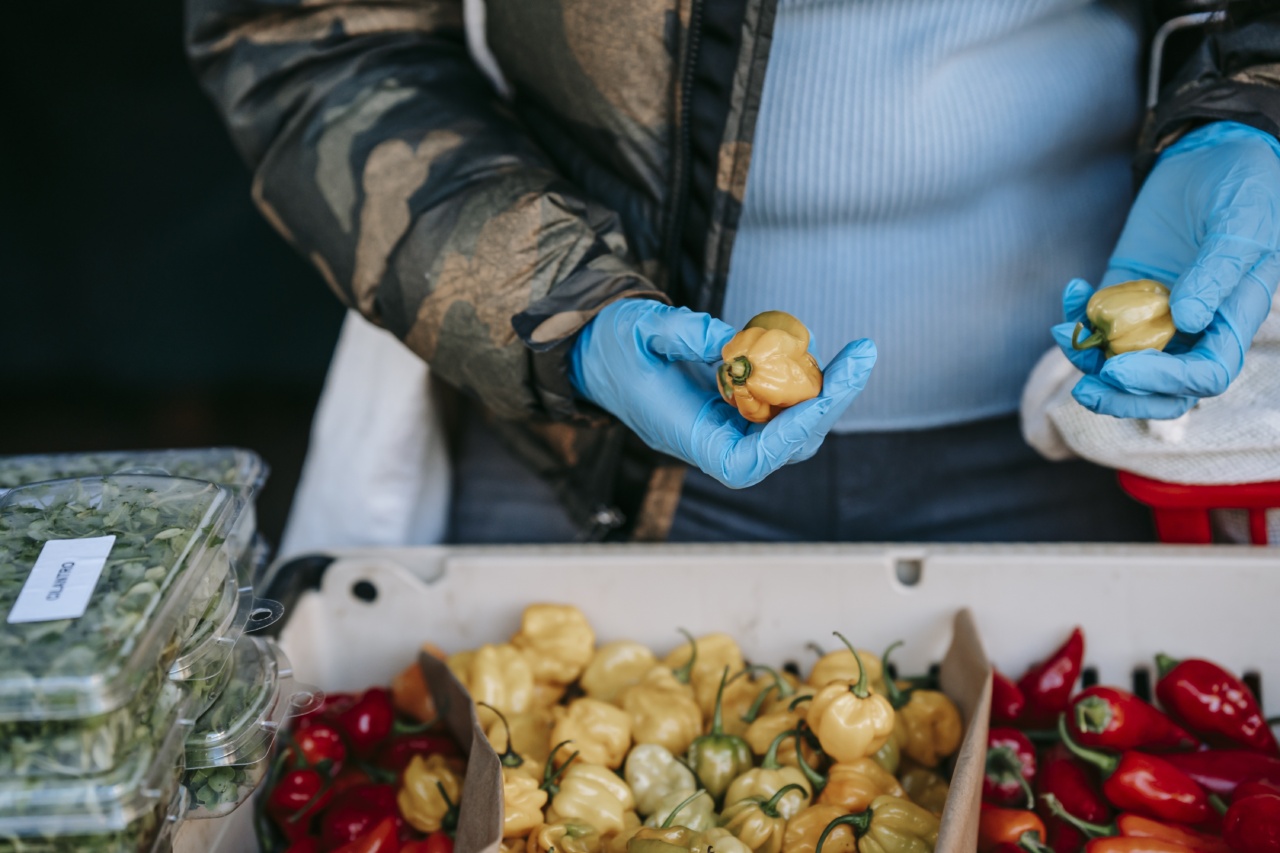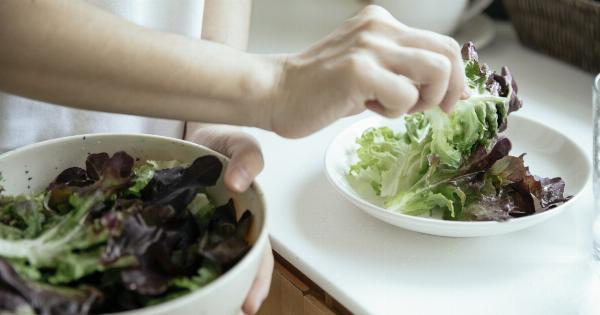When it comes to preventing kidney cancer, a healthy lifestyle and dietary choices play a pivotal role. While genetics and certain medical conditions can contribute to the development of kidney cancer, certain foods are known to increase the risk.
Understanding how your dietary choices affect your kidney health can help you make informed decisions that can lower your risk of developing this type of cancer. In this article, we will explore the food choices that raise the risk of kidney cancer and provide valuable insights into making healthier dietary decisions. Let’s delve into the details.
Processed Meats
Processed meats such as bacon, sausages, hot dogs, and deli meats have long been associated with an increased risk of cancer. Numerous studies have found a correlation between the consumption of processed meats and kidney cancer.
These products often contain high levels of preservatives, sodium, and additives that can negatively impact kidney health over time. To minimize the risk, it is advised to reduce the consumption of processed meats and opt for lean protein sources like poultry, fish, and legumes instead.
High-Fat Dairy Products
While dairy products are a rich source of essential nutrients, high-fat dairy options like whole milk, cheese, and butter can increase the risk of kidney cancer.
The high fat content in these products can contribute to weight gain and obesity, which are known risk factors for kidney cancer. Choosing low-fat or non-fat dairy alternatives can be a healthier option that still provides the necessary nutrients without the added risk.
Artificial Sweeteners
Many people turn to artificial sweeteners as a substitute for sugar in their diet. However, these sweeteners have been linked to an increased risk of kidney cancer.
Studies have suggested that regular consumption of artificial sweeteners may compromise kidney function and contribute to the development of cancer over time. It is advisable to limit the intake of artificial sweeteners and opt for natural alternatives like stevia or honey.
High Sodium Foods
A diet high in sodium can be harmful to the kidneys and may increase the risk of kidney cancer. Excessive sodium intake can raise blood pressure and put strain on the kidneys, potentially leading to kidney damage or dysfunction.
To reduce sodium consumption, it is essential to limit the intake of processed and packaged foods, as these often contain high levels of sodium. Instead, focus on consuming fresh fruits, vegetables, and whole grains, which are naturally low in sodium.
Sugar-Sweetened Beverages
Sugary drinks like soda, energy drinks, and fruit juices can contribute to weight gain and obesity, which are risk factors for kidney cancer. These beverages are often high in calories and contain excessive amounts of added sugars.
Consuming sugary drinks regularly can lead to obesity and increase the likelihood of developing kidney cancer or other chronic diseases. Opting for water, herbal teas, or natural fruit-infused water can be a healthier choice for quenching your thirst.
Red and Processed Meats
In addition to processed meats, regular consumption of red meats like beef, lamb, and pork has also been associated with an increased risk of kidney cancer.
The high fat and protein content in these meats may put a strain on the kidneys and promote the growth of cancer cells. It is advisable to limit the intake of red meats and balance your diet with plant-based protein sources like beans, lentils, and tofu.
Alcohol
Excessive alcohol consumption can have detrimental effects on your overall health, including an increased risk of kidney cancer. Alcohol can impair the kidneys’ ability to filter waste products and remove toxins from the body effectively.
Long-term heavy alcohol use can lead to alcohol-related kidney disease, which significantly raises the risk of kidney cancer. Moderation is key when it comes to alcohol consumption, and it is recommended to limit intake to moderate levels or avoid it altogether.
Poorly Balanced or Unhealthy Diet
A diet lacking in essential nutrients, fiber, and antioxidants can weaken the immune system and increase the risk of developing kidney cancer.
A predominantly unhealthy diet, characterized by a high intake of processed foods, refined sugars, and unhealthy fats, can lead to various health complications, including obesity and kidney cancer. To promote kidney health and reduce cancer risk, it is crucial to maintain a well-balanced diet that includes plenty of fruits, vegetables, whole grains, and lean protein sources.
High Oxalate Foods
Oxalate is a naturally occurring substance found in several foods. In individuals susceptible to kidney stones or with a history of kidney issues, high oxalate intake may increase the risk of kidney cancer.
Foods with high oxalate content include spinach, rhubarb, beets, soy products, and some types of nuts. While these foods offer other health benefits, moderation and appropriate portion sizes are essential if you are at risk for kidney stones or kidney-related conditions.
Low Water Intake
Dehydration and low water intake can lead to the accumulation of toxins and waste products in the kidneys, potentially increasing the risk of kidney cancer.
Staying adequately hydrated is crucial for maintaining optimal kidney function and flushing out harmful substances from the body. It is recommended to drink at least eight glasses of water per day and adjust the intake based on individual needs and activity levels.
By being mindful of your food choices and making healthier dietary decisions, you can minimize the risk of kidney cancer.
Incorporating more fruits, vegetables, lean proteins, and whole grains into your diet while reducing the consumption of processed meats, high-fat dairy products, artificial sweeteners, and high sodium foods can significantly contribute to maintaining kidney health. Remember, making gradual changes and adopting a balanced approach to your diet is key to long-term success in reducing the risk of kidney cancer.





























